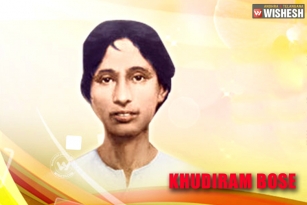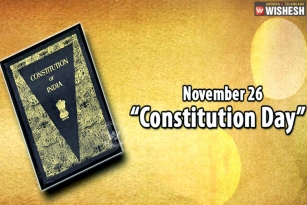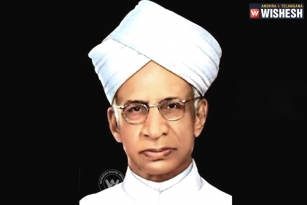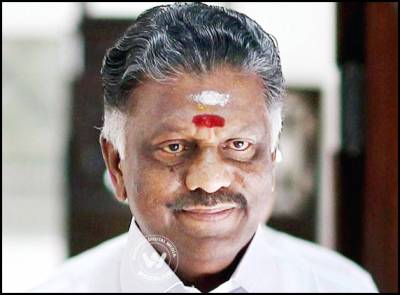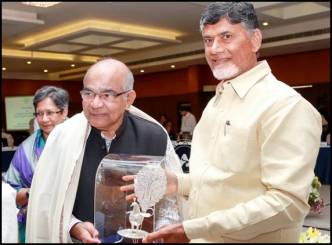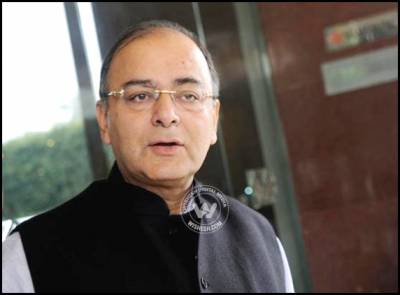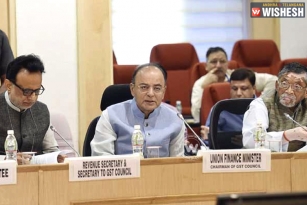
India has the most complicated tax system and this is the reason why prices are too high. Tax for luxury, tax for entertainment, Central Excise Duty, service tax, Central Sales tax and so on there are many indirect taxes which can't be understood by common man. The new government is contemplating to bring tax reforms in the country which can change the entire Federal system of Governance in the country. This reform is nothing but introduction of GST aka Goods and Service Tax.
Features of GST:
-
GST will be charged at each point of sale or provision of service, in which at the time of sale of goods or providing the services the seller or service provider can claim the input credit of tax which he has paid while purchasing the goods or procuring the service.
-
GST has two components. One will be imposed by the Central government and the other by State government.
-
Central and State GSTs would be prescribed appropriately, reflecting revenue considerations and acceptability
-
The Center and state controlled GSTs would have simultaneous jurisdiction for the entire value chain and for all the taxpayers on the basis of threshold for goods and services.
GST will replace the following indirect taxes
Central level
-
Central Excise Duty
-
Service Tax
-
Central Sales Tax
-
Additional Excise Duties
-
CVD [charged on imports in lieu of Excise duty]
-
SAD [imposed on imports in lieu of VAT]
-
Excise Duty levied on Medicinal and Toiletries preparations,
-
Surcharges and cesses
State level
-
VAT/Sales tax
-
Entertainment tax [except those levied by local bodies]
-
Luxury Tax
-
Taxes on lottery, betting and gambling
-
Entry tax not in lieu of Octroi
-
Cesses and Surcharges
Advantages of GST:
-
It will reduce the tax burden for consumers.
-
It will result in a simple, transparent and easy tax structure .
-
It will bring a uniformity in the tax rates and good administration of tax structure.
-
GST will increase the tax collection as it covers many goods and services.
-
It will also reduce the transaction costs of tax payers.
When GST is introduced, the price of product falls down which results in demand of the product. Eventually the production increases which could create more jobs and benefit the manufacturing sector. GST is most comprehensive reforms and France is the firs t country to adapt this system.
However the GST has few disadvantages by incorrectly claiming GST credits on the following:
-
Bank fee
-
Government charges --such as land tax, council rates, water rates.
-
Wages and superannuation payments.
-
GST - free purchases [basic food, health services, etc].
-
Car purchased for more than the luxury car limit.
-
Assets financed through a commercial hire purchase [CHP].
-
GST is not paid on the sale of cars and equipment including the trade of motor vehicles.
But the above disadvantages can be looked after if a well drafted GST is proposed. GST helps the domestic manufacturers to compete with the global standards, thus making the product unique in the country. The government of India is very much interested in introducing this tax system and Finance Minister Arun Jaitley will take a final call before presenting the budget on Wednesday i.e, on July 9th.
Recently, Jaitley met Finance Ministers of several states to take their opinion on implementing this GST system. All the states want the GST to come into effective right away but the concerns should be addressed thoroughly.
(AW: Vamshi)




